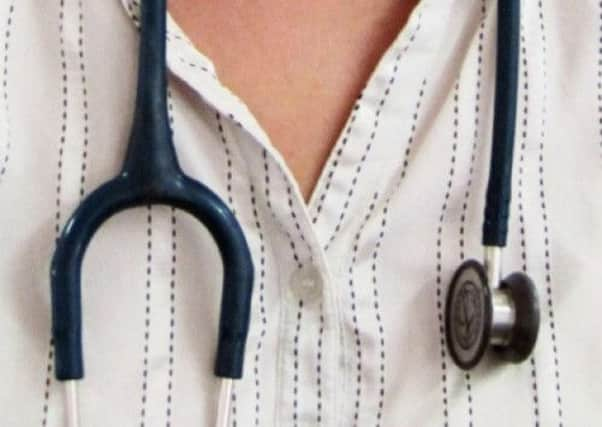More needs to be done for bowel cancer patients


Sadly, a quarter of those diagnosed will die from the disease each year. Whilst we are taking steps to catch bowel cancer early, too many are still diagnosed too late and long-term survival is poor compared to other countries in the UK and around the world.
Furthermore, we hear from patients who are not receiving the support or services that we would like to see delivered.
Advertisement
Hide AdAdvertisement
Hide AdBut, there are reasons to be optimistic. In some areas Scotland leads the way. Scots benefit from the lowest screening age in the UK, thanks to the government’s Detect Cancer Early campaign. Only last month Health Secretary Alex Neil took decisive action to abolish the Independent Patient Treatment Reviews and replace them with a Peer Approved Clinical System. This should ensure that decisions on whether a doctor can prescribe a new drug are now made in the best interests of the patient.
Progress with other strategies
Yet progress with other strategies in Scotland is not having the desired impact. The number of people participating in the National Bowel Screening Programme is stubbornly low, at less than 55 per cent. Patients with suspected bowel cancer are not being referred quickly enough. More patients need the support of specialist bowel cancer nurses. We also need to record and publish data on how bowel cancer services are performing.
At the Scottish Parliament this month, bowel cancer patients from across Scotland joined Beating Bowel Cancer to urge MSPs to sign our Pledge for Better Care for Bowel Cancer, committing them to push for the best outcomes for bowel cancer patients across Scotland.
I firmly believe that there is a prize that will make a difference to thousands of people in this country and further afield. That is for a bowel cancer strategy for Scotland that delivers real, measurable outcomes that can be boasted about and emulated elsewhere as a world-leading example of how care should be delivered.
• Mark Flannagan is chief executive of Beating Bowel Cancer